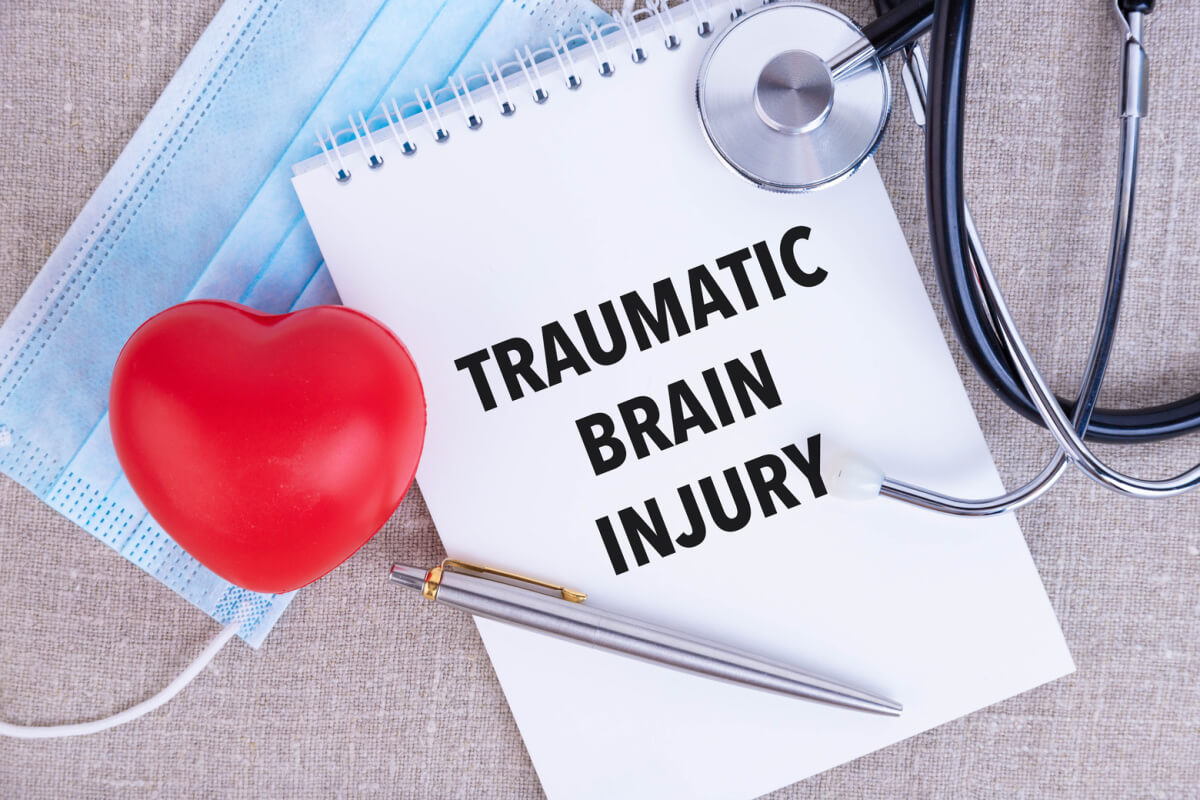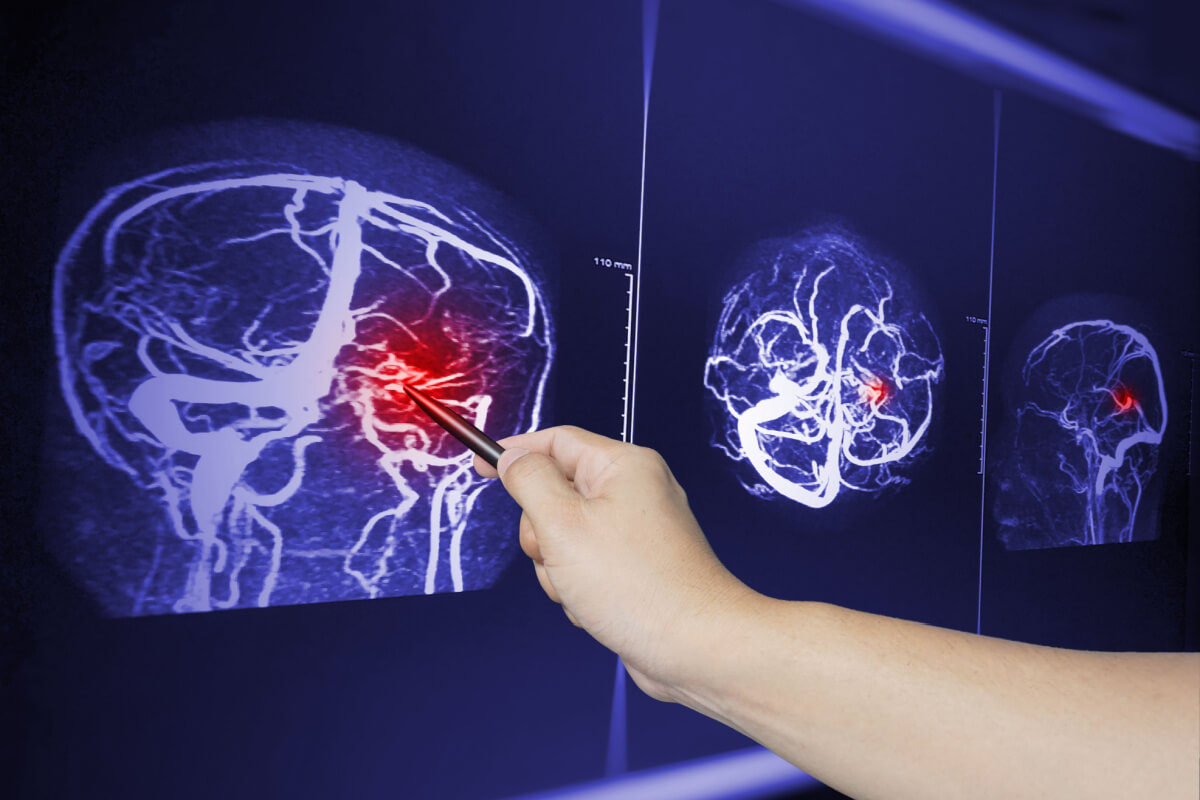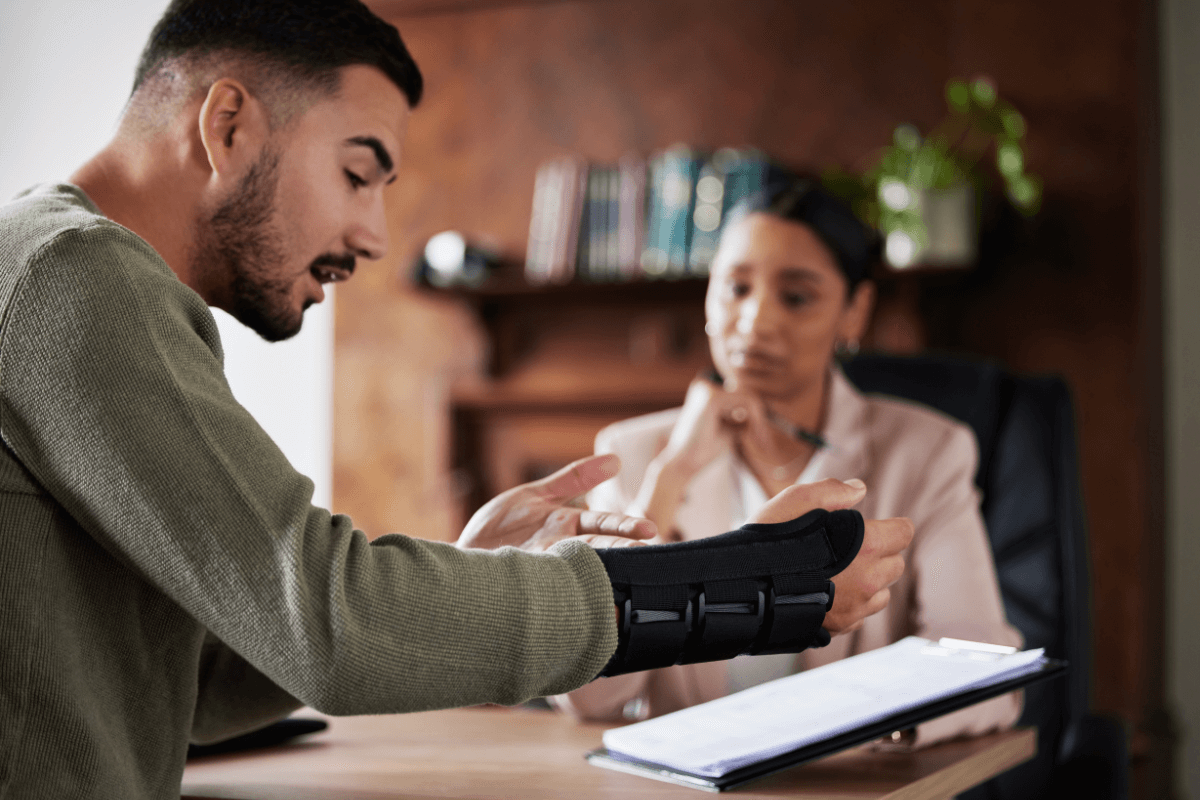
The Brain Injury Association of Louisiana is an organization supporting Louisianans living with brain and spinal cord injuries. One of the board members, Jamie Dupelchine, was injured in a car accident at the age of 15. Although her injuries were severe, Jamie was able to adapt to her new way of life and was even crowned Miss Wheelchair Louisiana.
Traumatic brain injuries, often abbreviated as TBI, occur when an external force such as a blow or jolt disrupts normal brain function. These injuries vary in severity, ranging from mild concussions to severe brain damage. Mild forms may cause temporary disorientation or loss of consciousness for a short period, while severe forms can lead to prolonged unconsciousness, memory loss, or even permanent disability.
In medical terms, TBI can either be open or closed. An open TBI means there’s a fracture in the skull, often due to a sharp object penetrating the brain. Closed TBI, in contrast, involves no skull fracture but can still cause significant harm. Causes frequently include car accidents, falls, or sports injuries.
Initial Symptoms: Recognizing Red Flags
After a traumatic event involving the head, initial signs of a traumatic brain injury may manifest quickly or may take some time to become evident. These early symptoms often serve as red flags, signaling something isn’t right. Headache, dizziness, and blurring of vision are common immediate effects. Some individuals might also experience sensitivity to light and noise or feel confused and disoriented.
Feeling unusually fatigued or drowsy can be another sign. In more severe cases, loss of consciousness, even if brief, is a significant warning signal. Some people might also suffer from short-term memory issues or find it hard to concentrate. Emotional symptoms such as irritability, anxiety, or depression can manifest as well.
Medical Evaluation: Steps Involved in Accurate Diagnosis
After noticing the initial symptoms of a traumatic brain injury, a comprehensive medical evaluation becomes a top priority. Typically, healthcare providers begin by asking about events leading to injury, as well as any symptoms experienced. A physical examination usually follows, focusing on neurological aspects such as reflexes, strength, and sensory perception.
Imaging tests like CT scans and MRIs are often employed to get a closer look at the brain’s condition. These tests can reveal abnormalities such as bleeding, bruising, or swelling in the brain. In certain cases, healthcare providers might also recommend specialized neurocognitive tests to evaluate thinking skills and memory function.
Emotional Consequences: How a TBI Affects Mental Health
Traumatic brain injuries don’t just affect physical health; often have a significant impact on mental well-being too. People who experience a TBI may find themselves grappling with new emotional challenges, from mood swings and anxiety to more severe conditions like depression. The injury can disrupt the brain’s ability to regulate emotions, making it harder to cope with stress or to feel joy and contentment.
Another common emotional consequence is irritability. Some people may find having a shorter temper than before or are easily frustrated. Changes in social behavior, such as withdrawal from friends and family or a lack of interest in activities once enjoyed, can also occur.
In many cases, these emotional shifts can be attributed to traumatic experiences, such as accidents or injuries. For instance, incidents like hotel pool accidents can leave a lasting impact on an individual’s psyche. Understanding the different types of damages in personal injury cases can provide clarity on the extent of emotional and physical trauma one might endure.
Moreover, browsing through various personal injury categories can shed light on the myriad ways one can get hurt and the subsequent emotional toll it can take. Even events like holiday accidents can lead to significant emotional distress. Furthermore, work-related accidents are another major contributor to emotional upheavals, emphasizing the importance of safety in all environments.
It’s important to recognize these emotional changes and seek appropriate mental health support. Cognitive behavioral therapy, counseling, and sometimes medication can offer relief and coping strategies for these emotional challenges.
Physical Rehabilitation: Exercises and Therapies to Consider
After a traumatic brain injury, physical rehabilitation becomes a key component in the journey to recovery. Various exercises and therapies aim to improve mobility, balance, and muscle strength. One common method involves physical therapy sessions, where a trained therapist guides individuals through a series of movements designed to increase physical capabilities.
Occupational therapy can help in regaining everyday skills like dressing, cooking, or even using a computer. Here, small, task-specific movements are often practiced to retrain muscles and improve coordination.
Aquatic therapy offers a low-impact environment to work on physical strength and flexibility. Water’s buoyancy lessens the strain on joints and muscles, making it easier to perform exercises. Another approach is neuromuscular reeducation, which focuses on improving the communication between the brain and muscles.
Cognitive Remedies: How to Reclaim Mental Sharpness
Recovering mental sharpness after a traumatic brain injury often involves specific cognitive therapies and exercises. These techniques aim to enhance memory, problem-solving skills, and attention span. Cognitive-behavioral therapy (CBT) is one approach where individuals learn to identify and change distorted thought patterns that can contribute to emotional distress.
Computer-based programs can also offer cognitive exercise routines designed to improve memory, attention, and other intellectual skills. Simple activities such as puzzles, word games, or even learning a new skill can stimulate mental faculties and contribute to cognitive improvement.
Another approach is mindfulness training, which teaches individuals to focus on the present moment. By practicing mindfulness, people can improve their concentration and reduce symptoms of anxiety or depression often associated with TBI.
Financial Implications: Coping with Medical Costs
Dealing with a traumatic brain injury comes not only with physical and emotional challenges but also with financial burdens. Medical bills for treatments, surgeries, and ongoing care can quickly accumulate, causing stress for both patients and their families. One common expense is diagnostic tests such as MRIs and CT scans, which are usually necessary for an accurate assessment of the injury’s severity.
Rehabilitation therapies like physical and occupational therapy, while beneficial, add to the financial strain. Medications for symptom management, follow-up visits, and sometimes even home modifications for mobility also contribute to rising costs.
Coping Mechanisms: Strategies for Everyday Living

Living with a traumatic brain injury involves adapting to new challenges daily. Various coping mechanisms can ease the journey and improve quality of life. One effective strategy is establishing a structured routine. Consistency in daily activities provides a sense of stability and can improve cognitive function over time.
Mindfulness techniques such as deep breathing and meditation can help manage stress and anxiety. Engaging in moderate exercise with a healthcare provider’s approval can boost mood and physical well-being.
Journaling serves as another practical coping mechanism. Writing down experiences, emotions, and symptoms not only acts as a form of emotional release but also helps track progress and setbacks. Similarly, a strong support network of friends and family can provide emotional sustenance. Support groups and forums offer additional avenues for sharing experiences and learning from others who are going through similar challenges.
If you have suffered a traumatic brain injury, contact Alvendia Kelly & Demarest today at 504-200-0000 to schedule a free consultation.
Categories
- Bicycle Accidents
- Car Accident
- Case results
- Class Action
- Community Aid
- COVID-19
- Fun
- General
- Hard Rock Lawsuits
- Holiday
- Insurance Claims
- Legal Advice
- Mardi Gras Accident Attorney
- Mass Tort
- Medical
- Motorcycle Accident
- Personal Injury
- Practices
- Premise Liability
- Recent News
- Safety
- Truck Accidents
- Uncategorized
- Weather
- Work-Related Accident

In 2003, after being dissatisfied with the quality of legal care for victims of car accidents, Roderick ‘Rico’ Alvendia sought to establish a new firm focused on providing high-quality legal services to aid injured victims and their families. J. Bart Kelly, sharing Rico’s passion for upholding justice, joined the firm later that year, and established a partnership.






